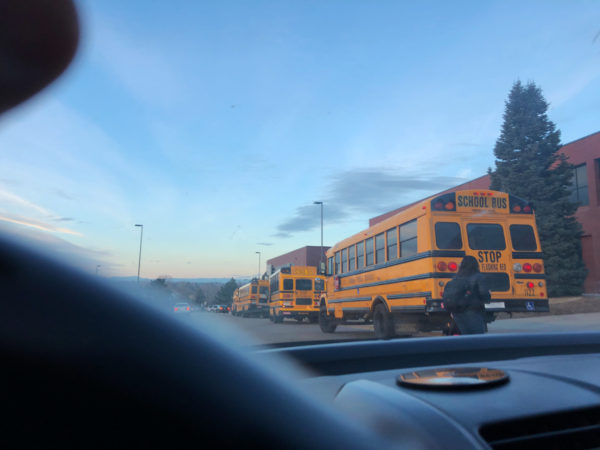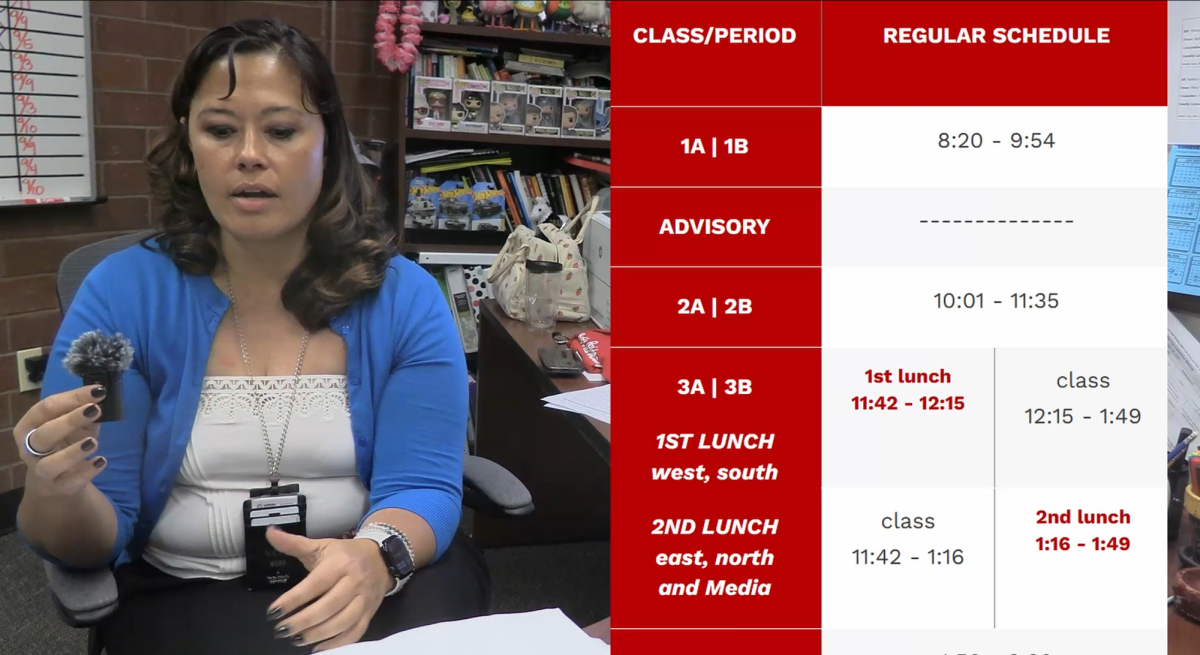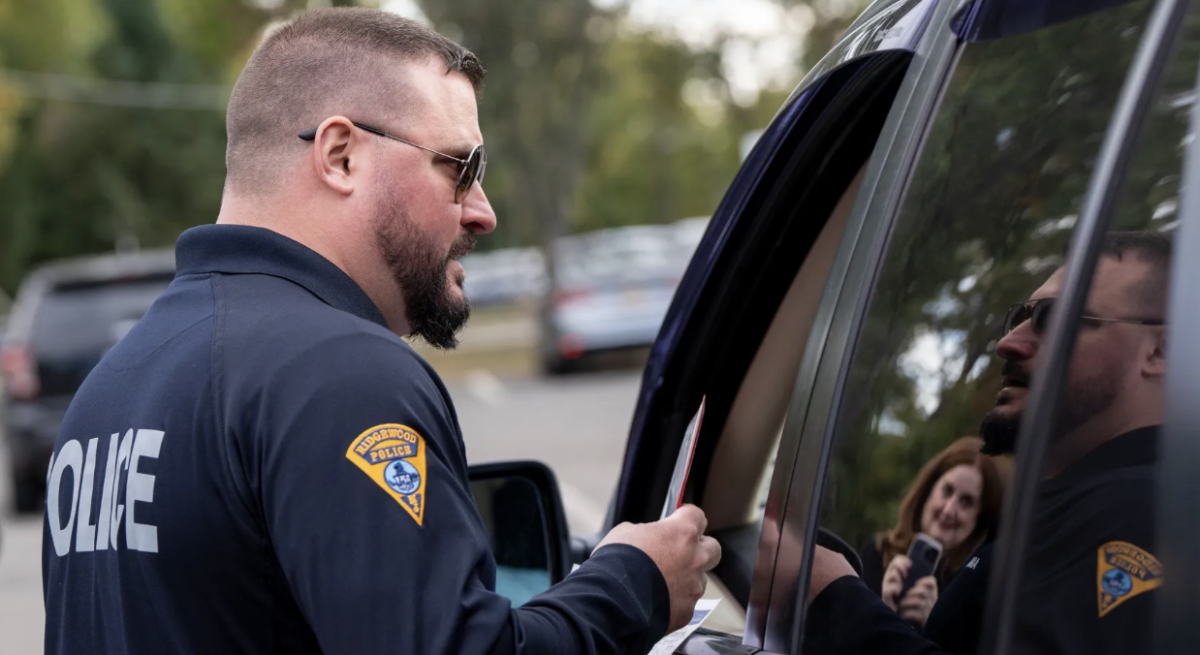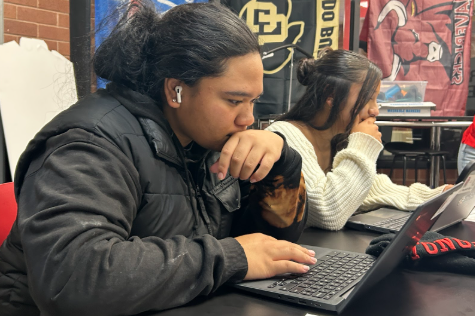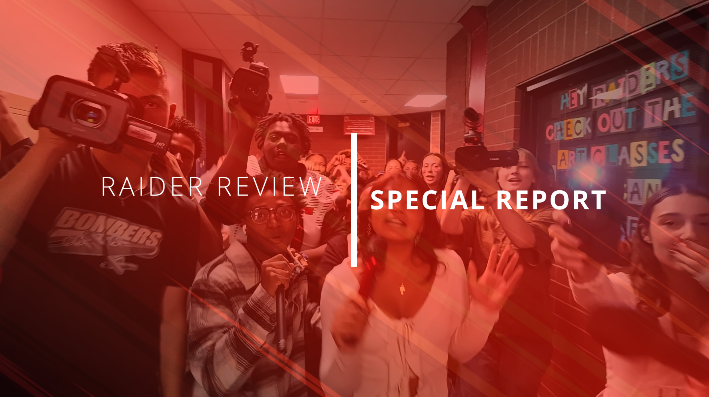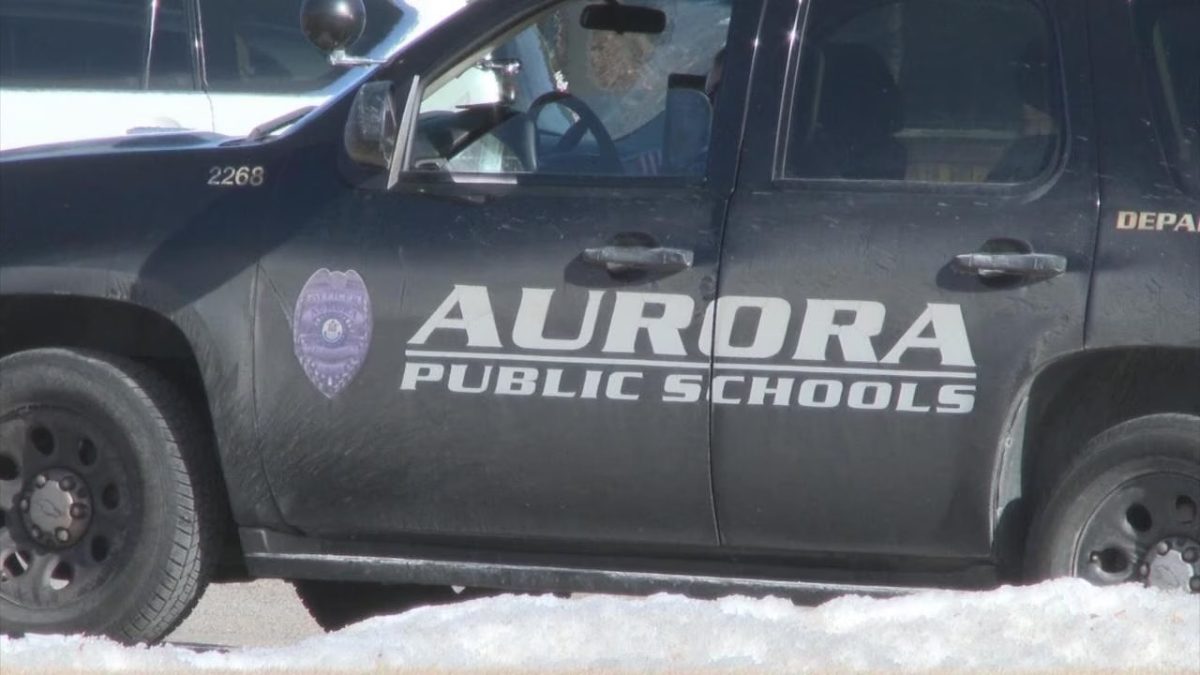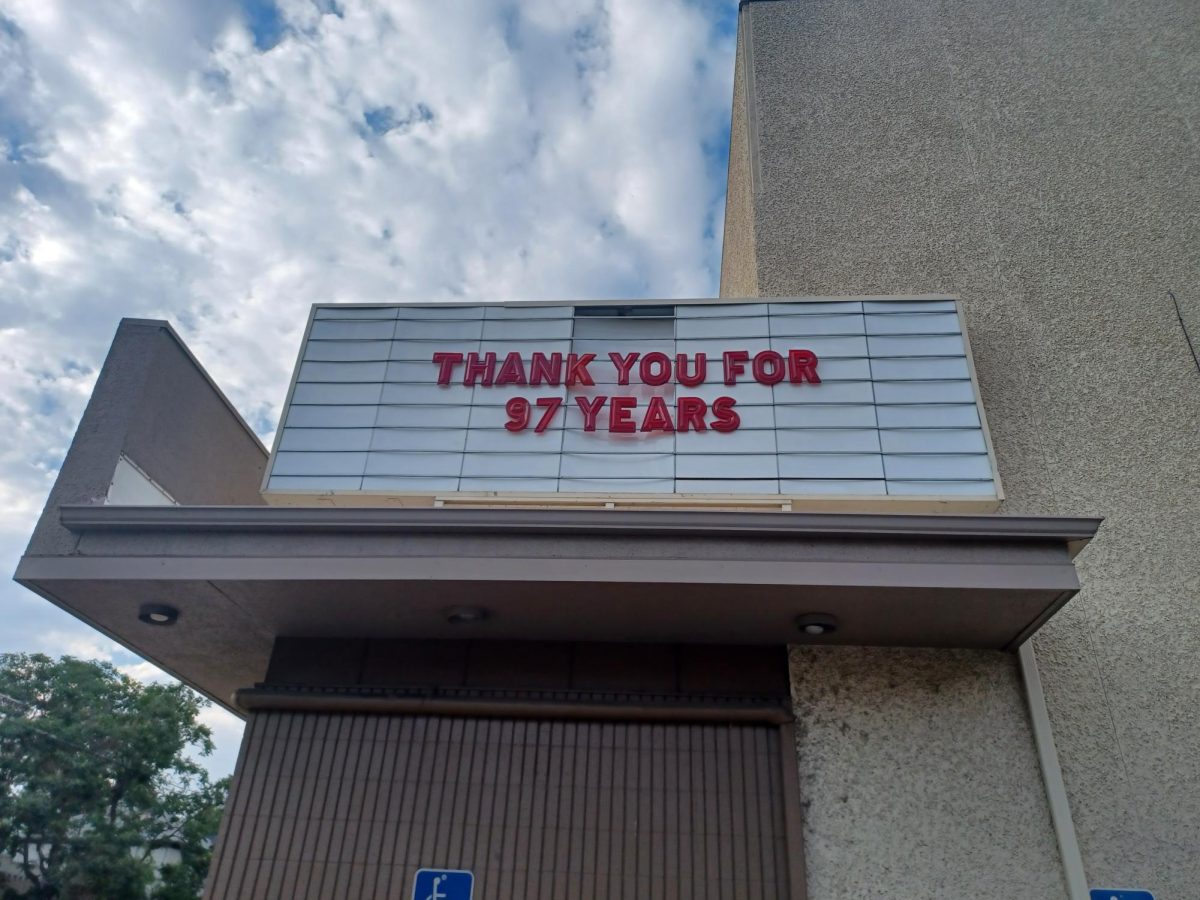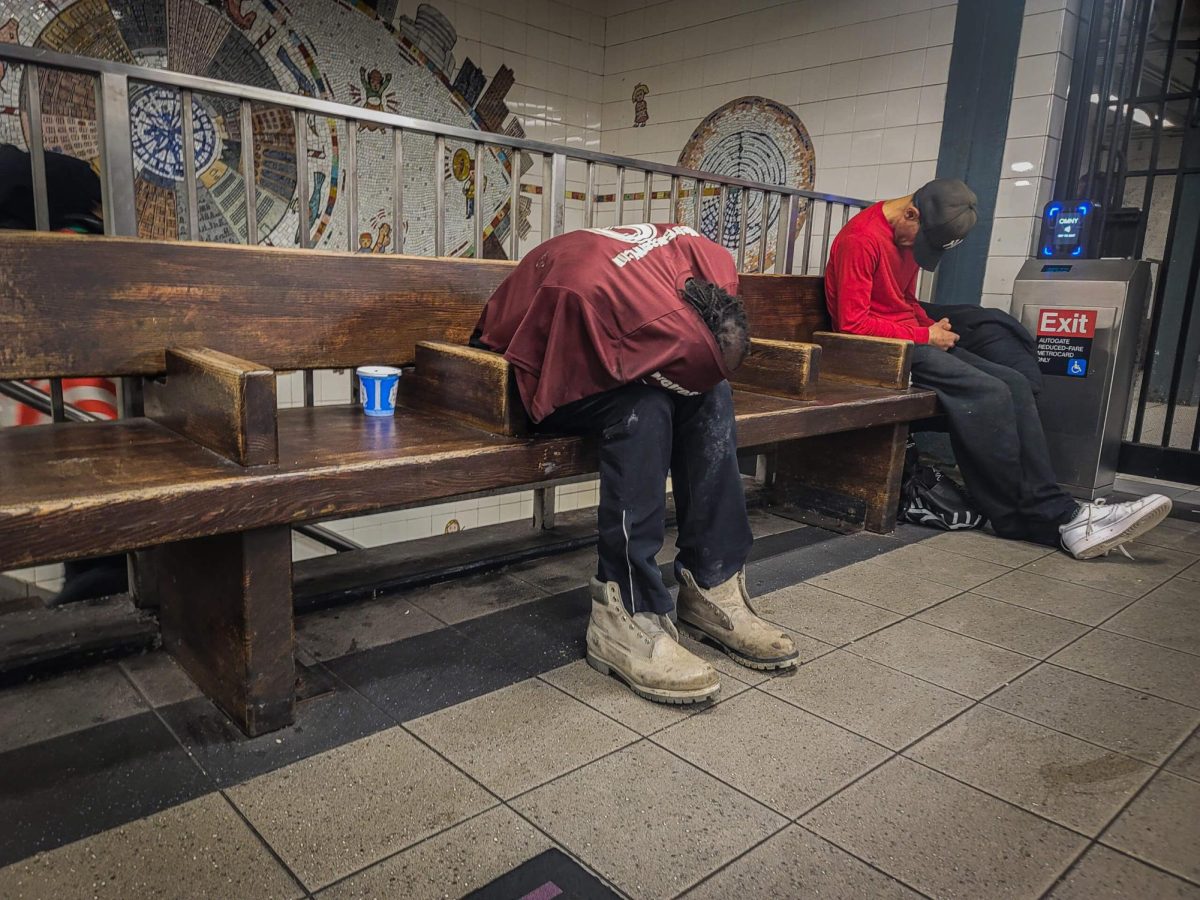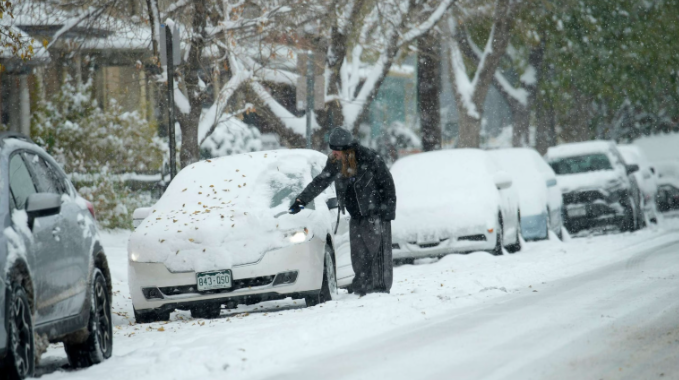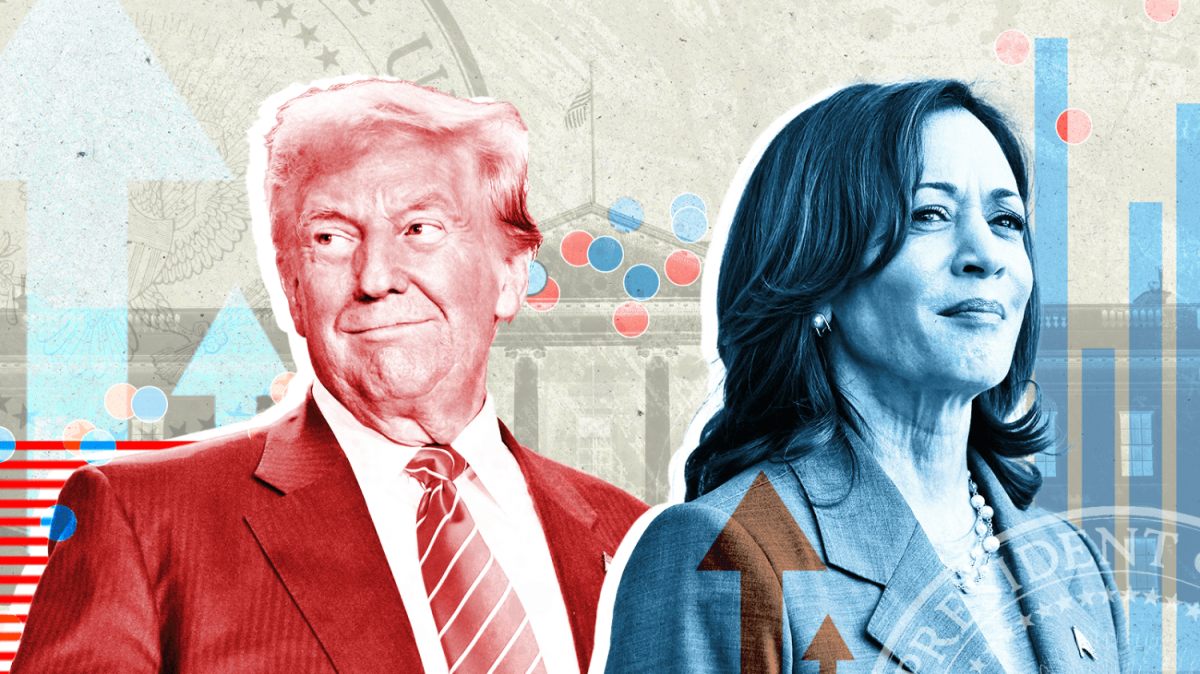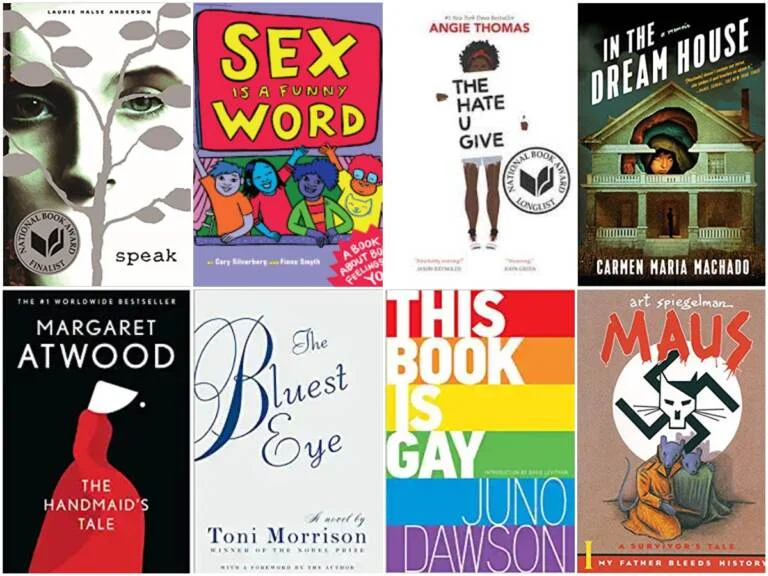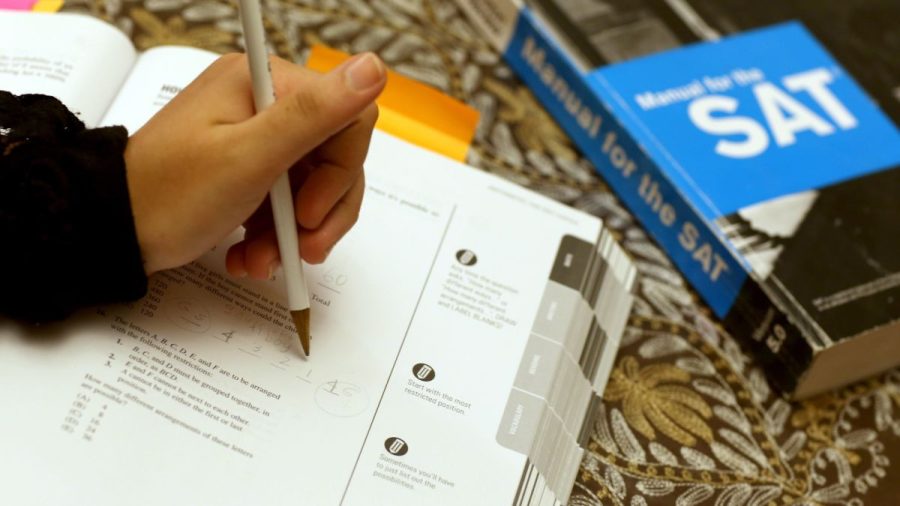Feature Photo By: Ruth Mesfin – Rangeview students walk to their first period after being dropped off by their parents, while others drive themselves.
If you talked to a group of politically involved teenagers, most of them would bring up the fact that they won’t be able to make a change in the country’s future because of current voting laws.
According to the 26th Amendment, “The right of citizens of the United States, who are 18 years of age or older, to vote shall not be denied or abridged by the United States or by any State on account of age.”
Anyone who is a citizen and is eighteen can’t be denied the right to vote — it has been this way for approximately forty-two years. So what makes eighteen the “suitable” age to vote?
Jennings Randolph, a Democratic congressman from West Virginia, was the first to introduce the idea of lowering the voting age in 1942.
Many citizens in the 1940s believed it was wrong that 18-year-olds would go fight for their country during WW2 and the Vietnam War, but didn’t have the right to vote in their own country.
When President Franklin D. Roosevelt was in office, he lowered the military draft age with the slogan, “Old enough to fight, old enough to vote.”
Now after forty-two years of change in America’s society, is this still valid today?
Senior Zaire Guyton says, “With certain things, yes, but it should still be eighteen for voting for the president because you are more mature. When you’re younger, you are going to go with the crowd and you don’t think for yourself.”
Charles Allen, a Washington, D.C. city councilman, expressed the idea of lowering the voting age to sixteen.
He even tried passing a bill in 2015, which “died in committee” because of the lack of support. According to PBS, in the early 2010s, a handful of suburban communities in Washington D.C. lowered the voting age to 16 for local elections.

Laurence Steinberg, an American university professor who specializes in child and adolescent psychological development, believes, “When it comes to electing lawmakers whose decisions about gun control and other issues affect their lives, these high schoolers lack any real power. This needs to change: The federal voting age in the United States should be lowered from 18 to 16.”
Earlier this year, The Denver Post reported on Golden, a Colorado city, who is thinking about lowering the voting to sixteen.
They would be the first community in Colorado to take action thus far — Boulder being the first to attempt to lower the voting age, but failed a bill at the state legislature.
‘“We do know that 16 and 17-year-olds are more than able to decide issues like this,” says Marjorie Sloan, Golden’s Mayor. “It’s not really related to age — it’s related to the individual.”
As reported by Psychology Today, research shows that people between ages 18 to 27 that vote have better health.
Additionally, many 16 and 17-year-olds “…are employed and pay taxes, can be tried in court as adults, and can be legally emancipated from their parents.”
As someone who deals with teenagers on a daily basis, chemistry teacher Ms. Pierce says, “I believe that if you can drive you should be able to vote, so I think sixteen for a voting age is appropriate.”
Several Rangeview students agree, 12 out of the 20 students who were surveyed, acknowledged the fact they are old enough to drive but aren’t old enough to vote.
However, sophomore Samrawit Kopessa says, “In my opinion, it shouldn’t be lowered to sixteen because at that age most people don’t have a responsible mentality.”
Sophomore Debani Estrada agrees.

“…some sixteen-year-olds won’t take it seriously because we’re younger and we tend to change our minds very often. We’re also talking about something serious like voting, and we’ve learned about politics but we haven’t even gotten in-depth exactly and fully learned about the responsibility,” said Estrada.
Reported by Bustle and First Amendment Voice, below lists of pros and cons with lowering the voting age to 16:
Pros
- Civic engagement from the youth.
- Increase in voter turnout.
- Teens can make rational decisions when they are calmer and have the time to process information.
- Teenagers spend more than half their day sitting in a classroom, hearing about what their country is doing, what decisions their government is making, and how those decisions affect them.
Cons
- Young adults’ brains aren’t mature enough.
- Young people tend to be easily swayed.
- Parental manipulation.
- 16-year-olds lack many adult responsibilities.
Many agree that lowering the voting age is a controversial topic that has the community split in half. Although teens have expressed their want for the voting age to be lowered to 16, there currently aren’t many supporters who hold powerful political positions to impact this law.
